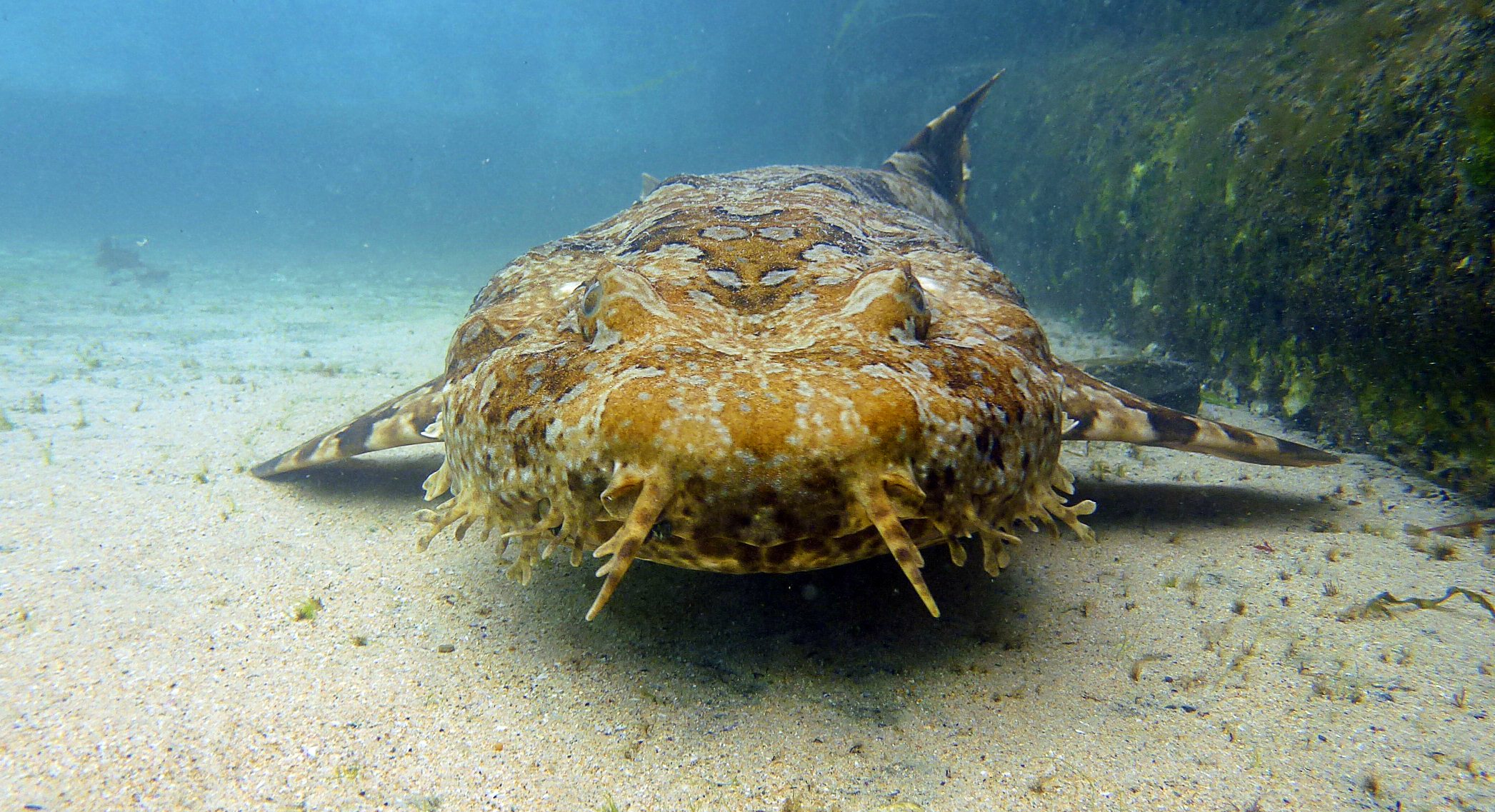Perhaps you can remember the questionable 1999 killer-shark film Deep Blue Sea, released at the tail-end (I apologise for nothing) of the racy, slasher-esque film revival of the 90s. It features a team of mostly sexy researchers at a high-tech – if easily compromised – marine science station experimenting on sharks. The plot posits that Mako sharks show no decline in cognitive function as they age and can therefore be used to cure Alzheimer’s.
Of course things don’t go well. Science oversteps itself, tampering with nature a little too much; the sharks are inevitably huge, they become ultra-clever and can even swim backwards. This, coupled with Samuel Jackson getting very suddenly and upsettingly eaten results in LL Cool Jay needing to kick some hyper-intelligent tail-fin. It’s basically a less crap version of Hollow Man mixed with Scream and Jurassic World, but with wayyyyy more sharks.
Today, science imitates art; an Australian research team at Melbourne’s La Trobe University, in collaboration with biotech firm AdAlta, have devised a treatment for human conditions such as respiratory disease, after studying shark physiology. The shark in question is nowhere near as photogenic as the Mako, known endearingly as the Wobbegong shark. The Wobbegong is far less attractive, and much smaller, than the sharks in Deep Blue Sea – but who in their right mind would choose to do medical research on a massive, terrifying shark instead?! Someone could get killed for God’s sake.
Having extracted blood samples from Wobbegongs (can anybody see the irony here?), the research team have used an antibody found in the samples as a template for synthesizing a new drug, named AD-114. The test results have proved promising, indicating that AD-114 could be effective in combatting a condition called Idiopathic Pulmonary Fibrosis (IPF). IPF causes scarring of the lungs, that gradually makes it harder for the sufferer to breathe, claiming the lives of 5000 people every year. The drug effectively kills fibrosis-creating cells – and could also be used to treat other forms of fibrosis in the liver – with human testing due to start in 2018.
AD-114 has been filed as an Orphan Drug, a status given to drugs which are granted tax breaks due to a relatively small number of sufferers. AdAlta’s CEO, Sam Cobb, stated, “The drug’s anti-inflammatory and anti-fibrotic properties are effective in reducing collagen build-up in the lungs, which cause shortness of breath in sufferers and eventual death. There is great demand for a treatment as current lung fibrosis drugs have proved to have little impact in treating the disease for which there is no cure.”
Science has been given a hard job in trying to out-shine Hollywood. Deep Blue Sea is a riotously entertaining film; one where a character gets unexpectedly shark-eviscerated whilst making a rousing speech to embattled survivors. A film where sexy scientists electrocute a Mako while having to, implausibly, strip off to stand on their wetsuit to avoid the lethal shark-frying charge. A film where a murderous Mako is blown-up to avenge the loss of their pet parrot…
Clearly the magic of Hollywood can inevitably lead to a lack of appreciation for what real science does. But hey, you know what? That’s the point of articles like this. Let me boil this down and you can decide what sounds cooler. A (mostly) sexy research team have an awful evening and get eaten, while not being able to find a cure for dementia OR a real-life research team have utilised an antibody found in shark’s blood to potentially produce a cure to stop people dying.
Fin.
Leo Kindred
(Image courtesy of www.tes.com)

